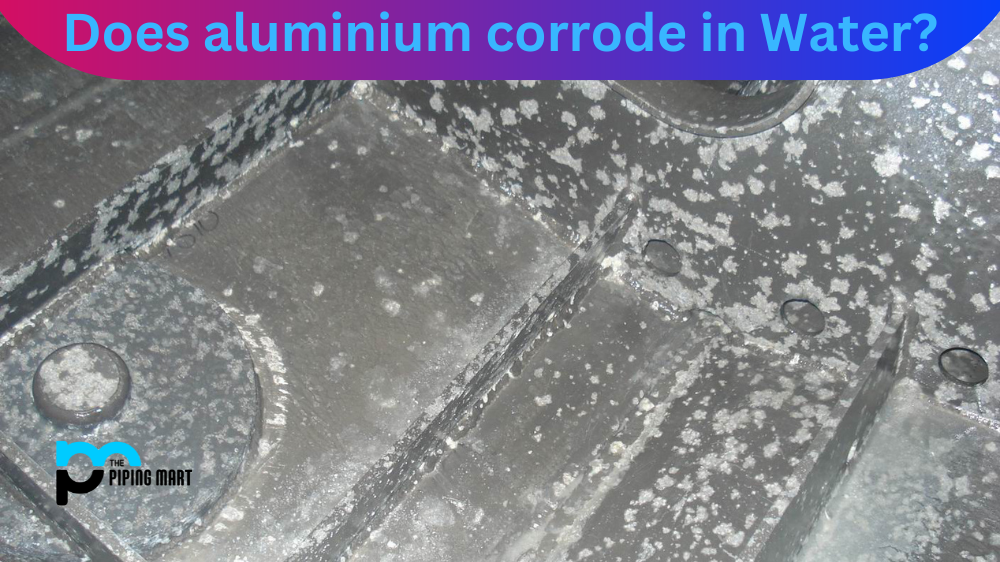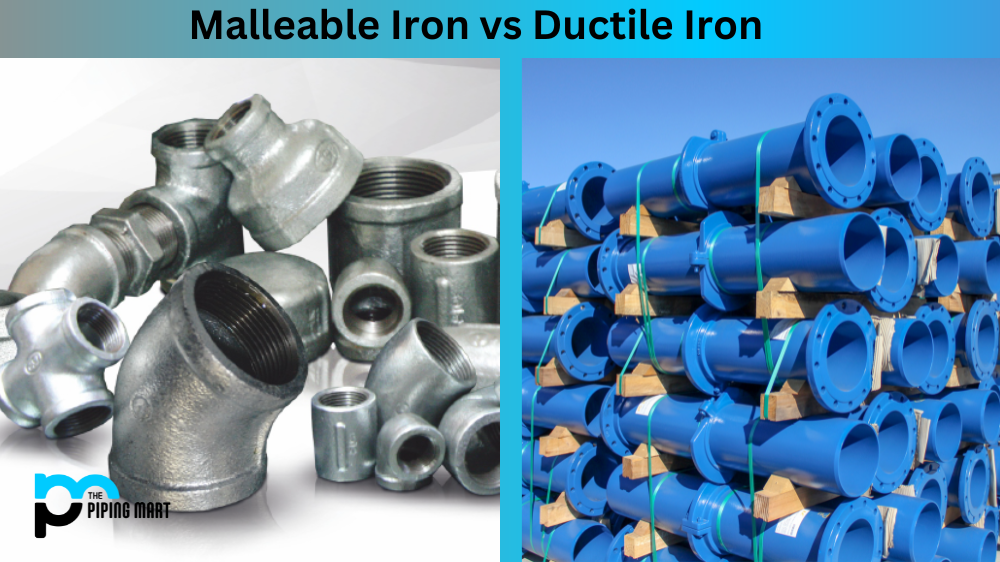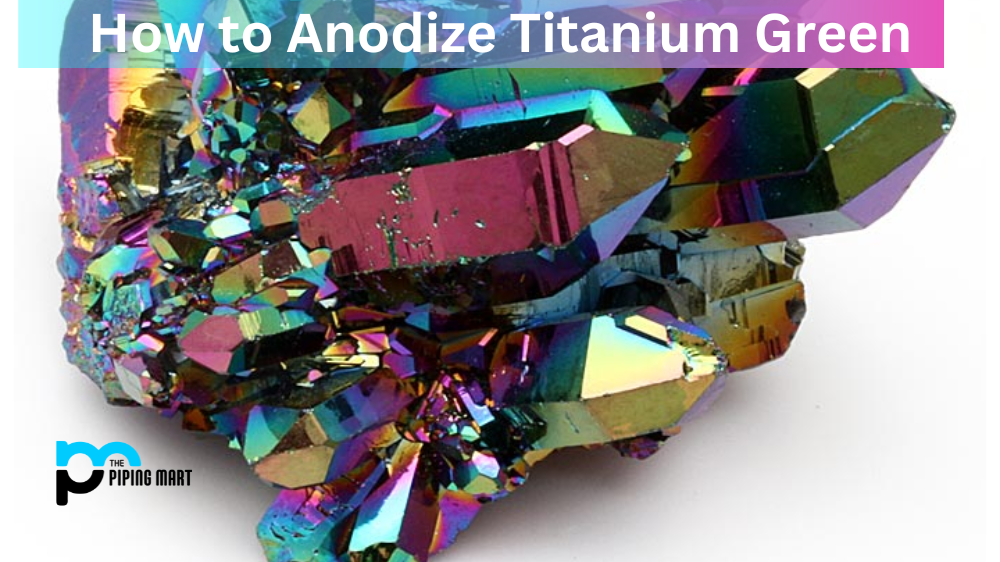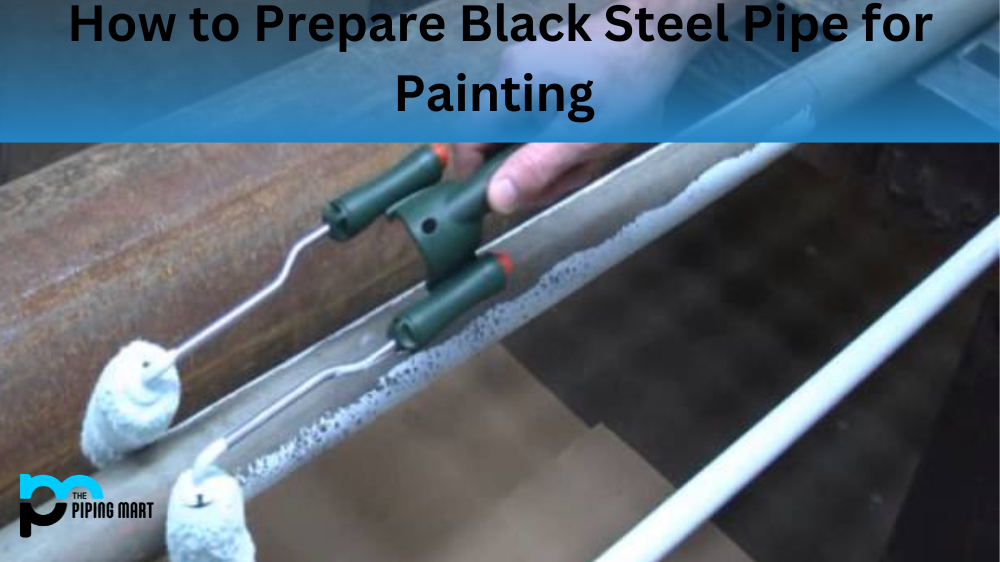Have you ever wondered why aluminium is such a popular choice of material for boats, outdoor furniture, and other items that will be exposed to the elements? One reason is that it doesn’t corrode – or does it? Let’s look at the question in more depth and find out what happens when aluminum comes into contact with Water.
What is Aluminum Corrosion?
Aluminum corrosion occurs when the outer layer of the metal reacts with oxygen to form an oxide coating. This protective coating helps prevent further corrosion. However, if the oxide coating is damaged, then corrosion can occur. It’s important to note that this type of corrosion isn’t as severe as iron or steel corrosion because aluminium has a greater resistance to these types of reactions.
Does Aluminum Corrode in Water?
The answer to this question depends on several factors, including the type of water and pH levels. Generally speaking, pure Water (which contains no dissolved minerals) won’t cause corrosion on its own; however, if there are contaminants present in the Water—such as acids or salts—then it can cause aluminium to corrode. The pH level also plays a role; acidic Water with a low pH level can accelerate the breakdown of aluminium through electrochemical processes.
In addition, saltwater is much more corrosive than freshwater because it contains higher concentrations of dissolved minerals. Saltwater causes pitting on aluminum surfaces due to galvanic corrosion, which occurs when two dissimilar metals come into contact with each other (in this case, aluminium and salt). Therefore, if your boat or outdoor furniture is exposed to saltwater on a regular basis, then you should consider using another material, such as stainless steel, instead of aluminium.
Conclusion:
Aluminum has become one of the most popular materials used for boats, outdoor furniture, and other items that will be exposed to moisture due to its ability to resist corrosion. However, it’s important to keep in mind that certain conditions – such as acidic or salty Water – can cause damage over time through galvanic or electrochemical corrosion processes. Therefore, if you’re looking for a material that will stand up well against moisture, then you may want to consider stainless steel instead of aluminium for your project.

Abhishek is a seasoned blogger and industry expert, sharing his insights and knowledge on various topics. With his research, Abhishek offers valuable insights and tips for professionals and enthusiasts. Follow him for expert advice on the latest trends and developments in the metal industry.




